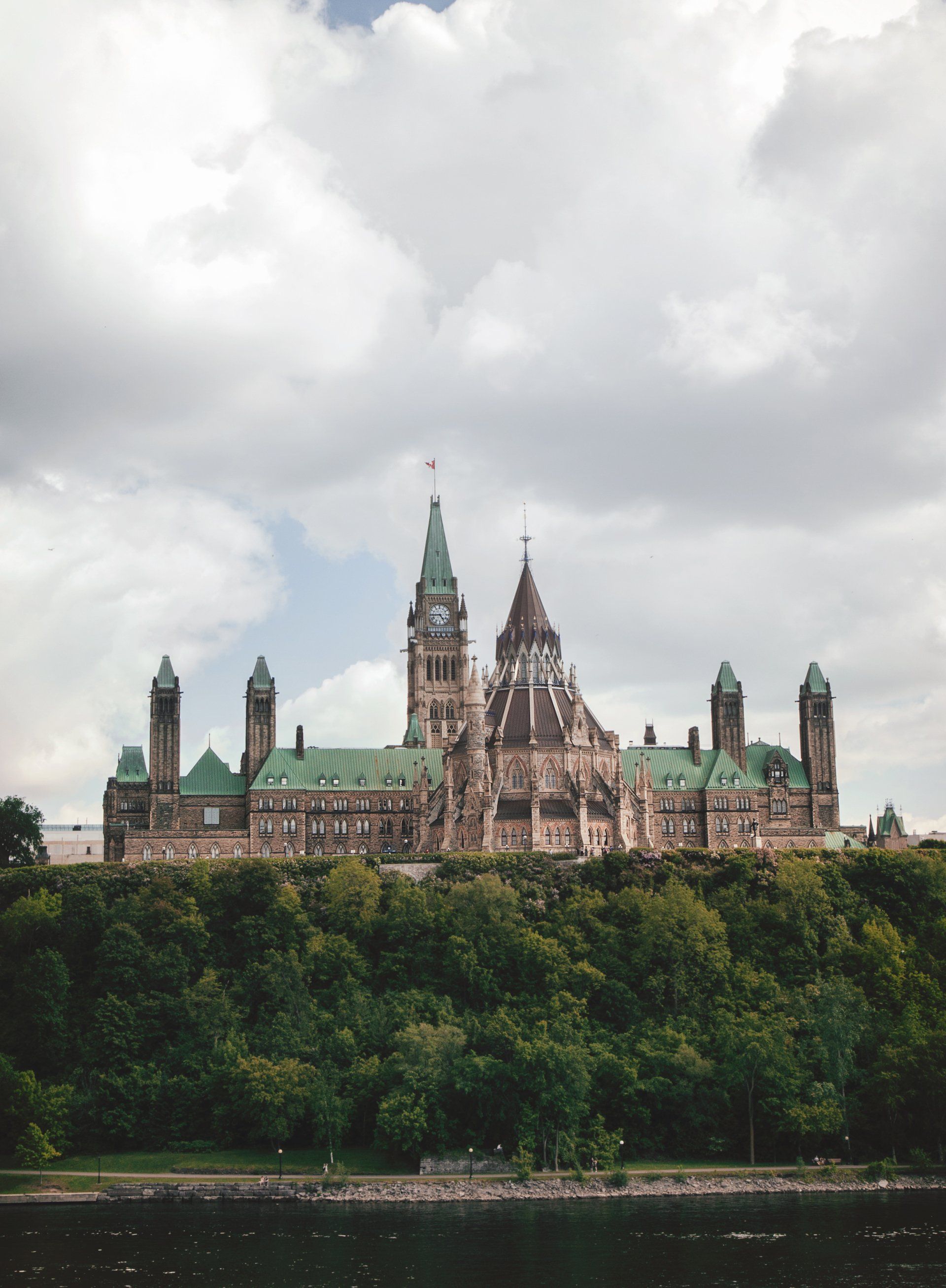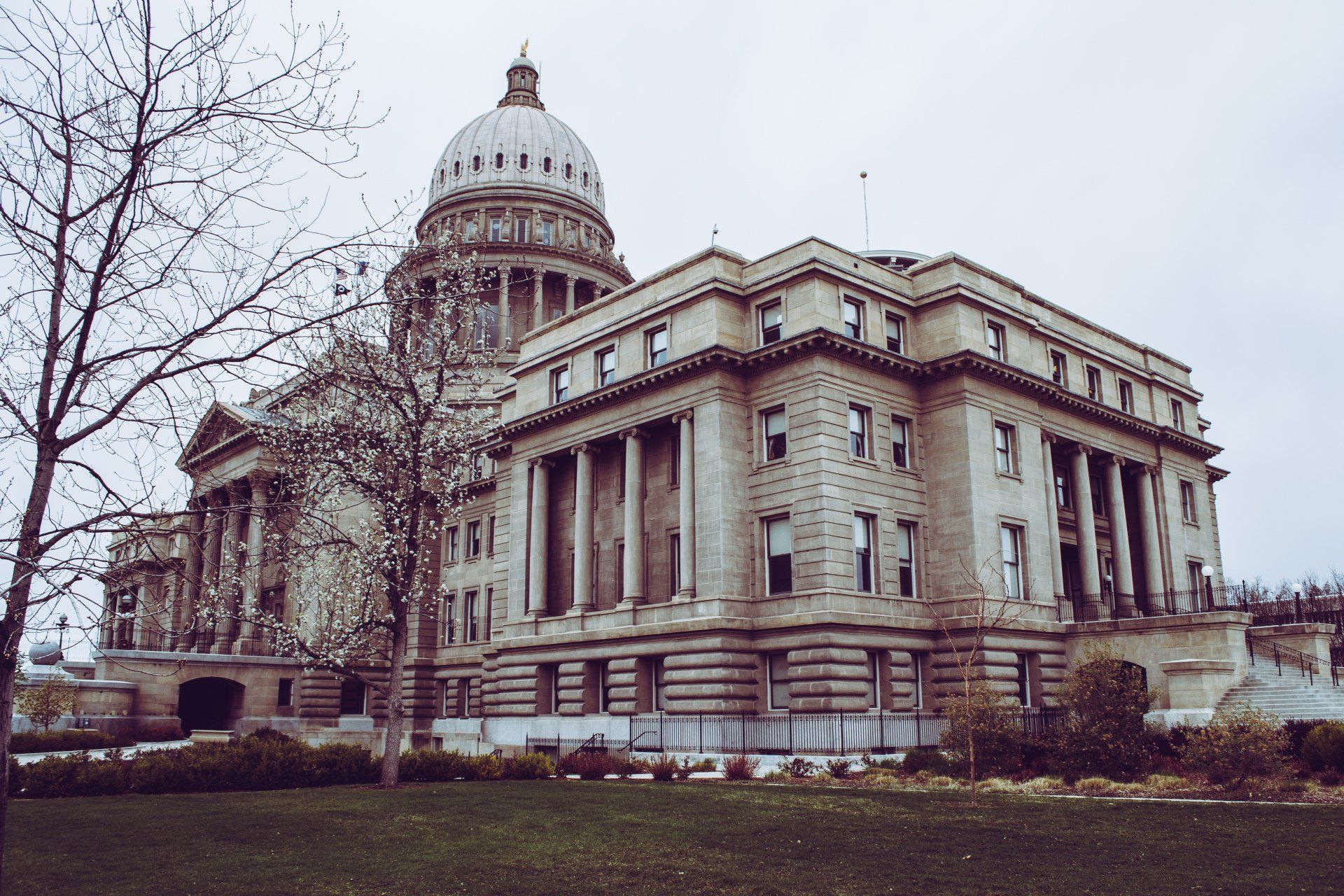Meta Putting Profit Ahead of Safety by Blocking Wildfire News, Says Trudeau
Context
A story published by CTV reported Justin Trudeau’s comments about Meta’s decision to block Canadian
news from its platform, and its impact on the spread of information related to the wildfires in Canada.
The bill in question is the Online News Act, Bill C-18. Meta blocked Canadian users from seeing news
content from August 1st, 2023.
The article quotes Trudeau as saying, “Facebook is putting corporate profits ahead of people's safety,"
and harshly criticized Meta’s decision to continue the ban. This comes after reports that people were
upset that they were unable to share important information about the wildfires over Facebook.
Analysis
The Online News Act legislates revenue-sharing obligations between news organizations and online
platforms. It does this by requiring that large digital platforms negotiate payment for the use of news
content from Canadian news organizations.
A similar law was being tabled in Australia in 2020, called the News Media Bargaining Code, which also
requires online news platforms to pay local news organizations for their content. Meta was also
staunchly opposed to this bill and, like what has happened in Canada, pulled Australian content off their
platform. Subsequent negotiations between Australia and Facebook resulted in an agreement after just
a few days, and a continuation of Australian news content on FB.
The Australian agreement included some amendments to the legislation arbitration process. As the
legislation stood prior to the amendment, when a commercial deal was not able to be made between
the two parties, the government could step in and rule on a payment. The amendment gives more space
for Meta to negotiate their contracts before any enforcement from the government. Since then,
Australian news organizations have brokered deals with Meta for their content independently. It is
unclear why Facebook has not yet chosen to enter negotiations with Canada as it did with Australia.
It is difficult to determine the value Meta receives from news content, and what the news organizations
receive themselves from exposure on Meta’s platform. However, 80 percent of all ad revenue from
Canadian companies, accounting for about $10 billion in 2022, went to the two giants Google and
Facebook. After the ban the Federal Government pulled their ads from Meta’s platform, valued at $10
million. Multiple provinces have since followed suit.
Early in August 2023, a complaint under the Competition Act of Canada was filed against Meta by some
of the largest Canadian news organizations for reportedly abusing their dominant position and control
over media, related to the ban. Meta could face a fine of up to $10 million if found in violation. It is yet
to be seen if the increasing pressure on Meta will eventually bring them to the negotiating table with
Canadian legislators.
In response to criticism, Meta has claimed that users can still engage with members of their community,
official Government sources, emergency services, and other non-governmental organizations. They also point to the Safety Check feature, which was activated for the Canadian wildfires. At this time, Meta
does not intend to reverse its decision to block Canadian news stories.


